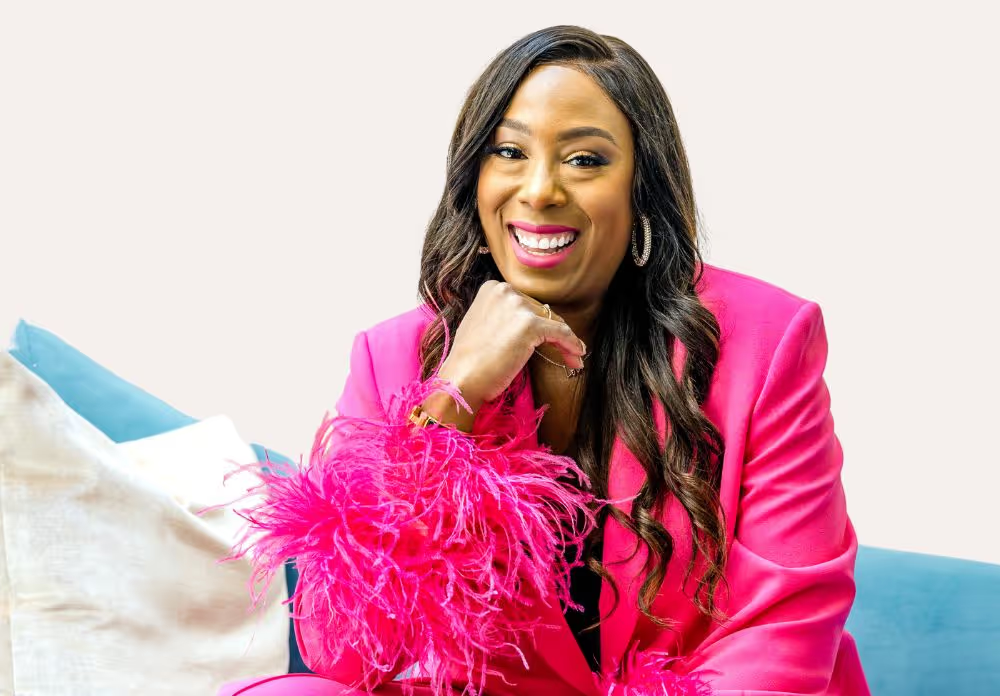- couples therapy retreats
- RETREAT THEMES
- TRAVEL CONCIERGE
- THE LOVERS SOCIETY
- Blog
- Press


Criticism and defensiveness are two of the most common struggles I see in couples. They’re not bad in and of themselves—they’re signals. When they show up, it usually means there are deeper feelings underneath that haven’t been spoken or fully understood.
The key isn’t to eliminate criticism or defensiveness altogether. It’s to get curious about what’s really happening beneath them.
When you criticize your partner, it often comes from a place of hurt or longing: “I don’t feel seen,” “I don’t feel cared for,” “I need you to notice me.” But instead of sharing that vulnerability, it can come out as sharp words: “You never listen to me!”
Defensiveness, on the other hand, is usually self-protection. When someone feels attacked, even unintentionally, they put up walls. They explain, justify, or shut down. But what they’re really saying is: “I feel blamed, and I don’t feel safe right now.”
Both patterns are common. And both can be softened when couples learn to talk about what’s underneath.
Instead of staying on the surface with blame or defenses, try sharing the deeper emotions:
These shifts invite connection instead of distance. They create a pathway for empathy rather than escalation.
Healing criticism and defensiveness takes patience and practice. It means pausing in the heat of the moment to ask: “What am I really feeling? What do I really need?” And it means giving your partner the benefit of the doubt—that they want to understand, even if the words come out wrong at first.
When both partners commit to listening with empathy and speaking with vulnerability, criticism and defensiveness don’t have to be barriers. They can actually become signals that lead you back to the heart of the relationship.
At their core, criticism and defensiveness are about longing—for safety, for connection, for love. When you name those deeper emotions and share them openly, your relationship transforms. You move from blame to understanding, from walls to bridges.
Because intimacy doesn’t grow from perfection—it grows when two people choose to stay open, even when it’s hard.
Emotional Safety & Communication
Emotional Communication, Relationship Challenges, Understanding Emotions
Back to Blog
